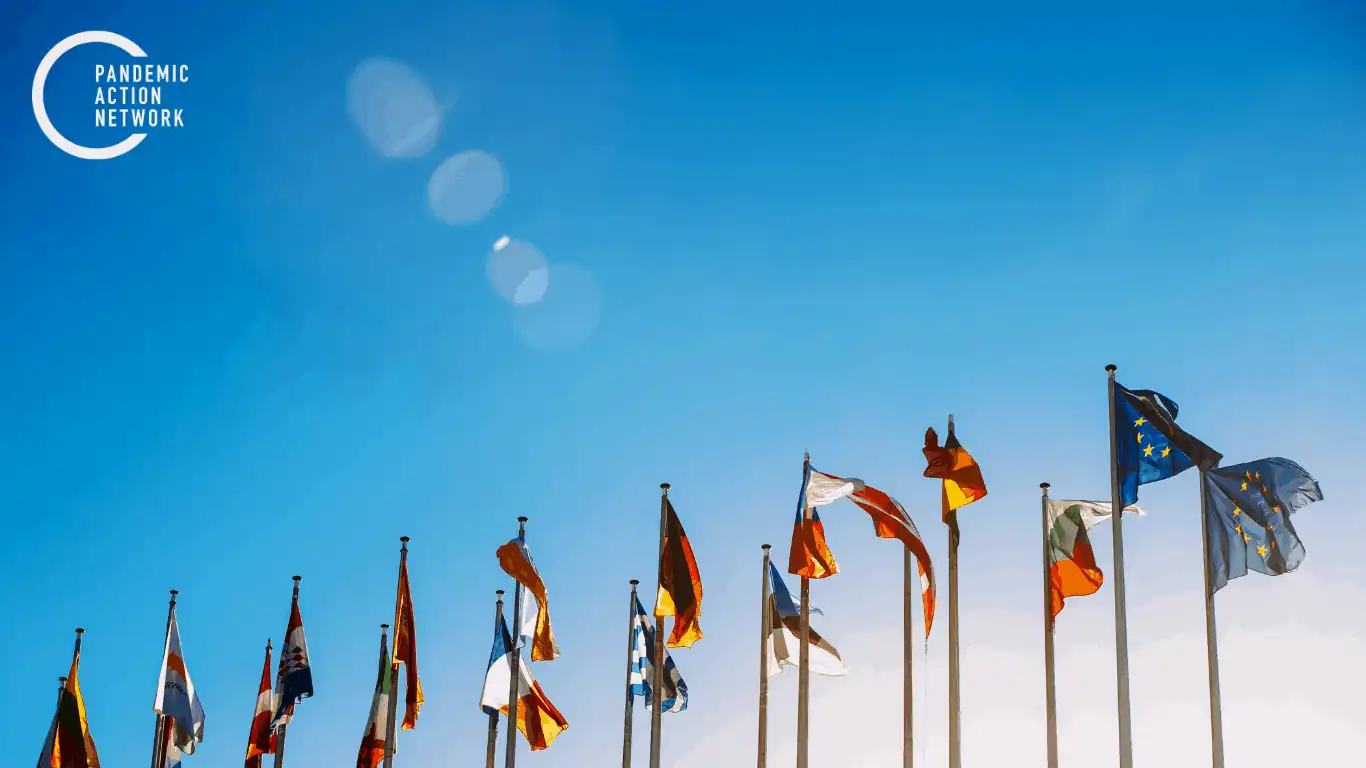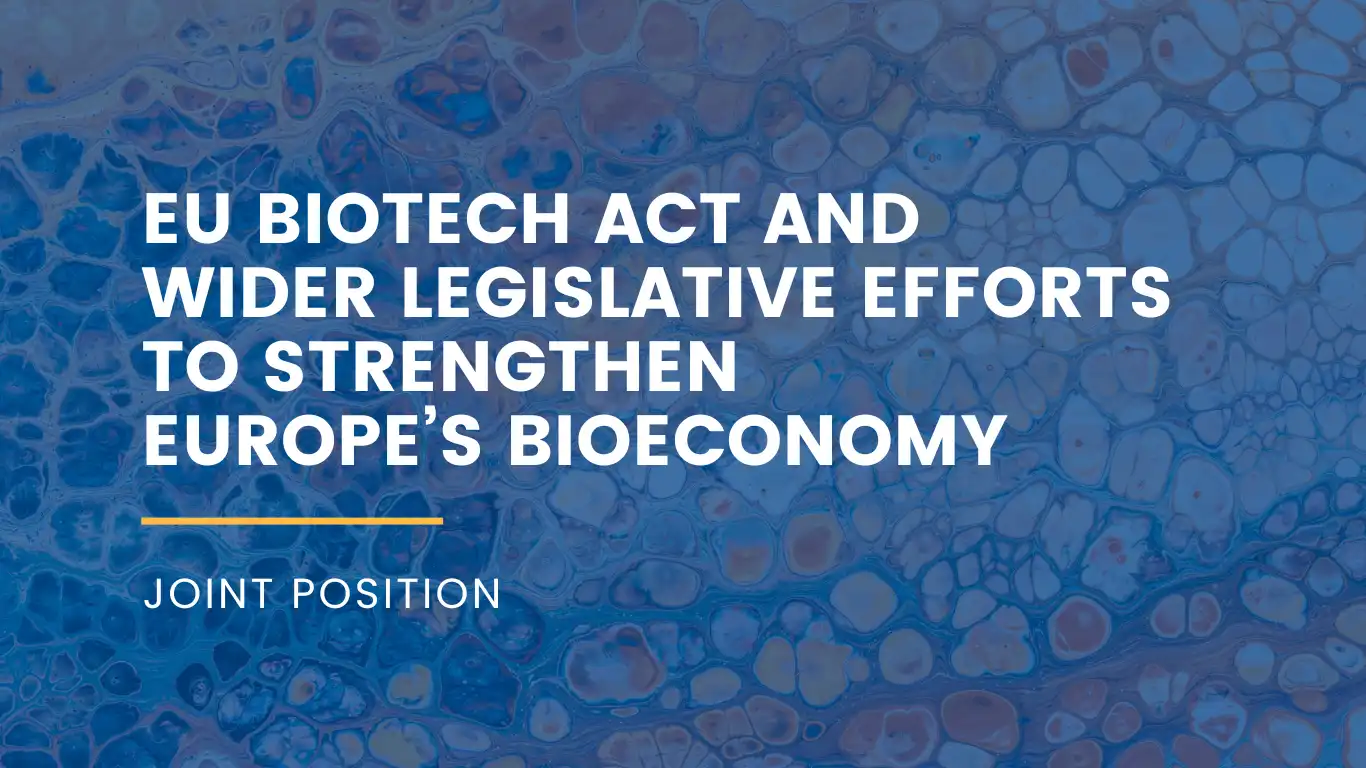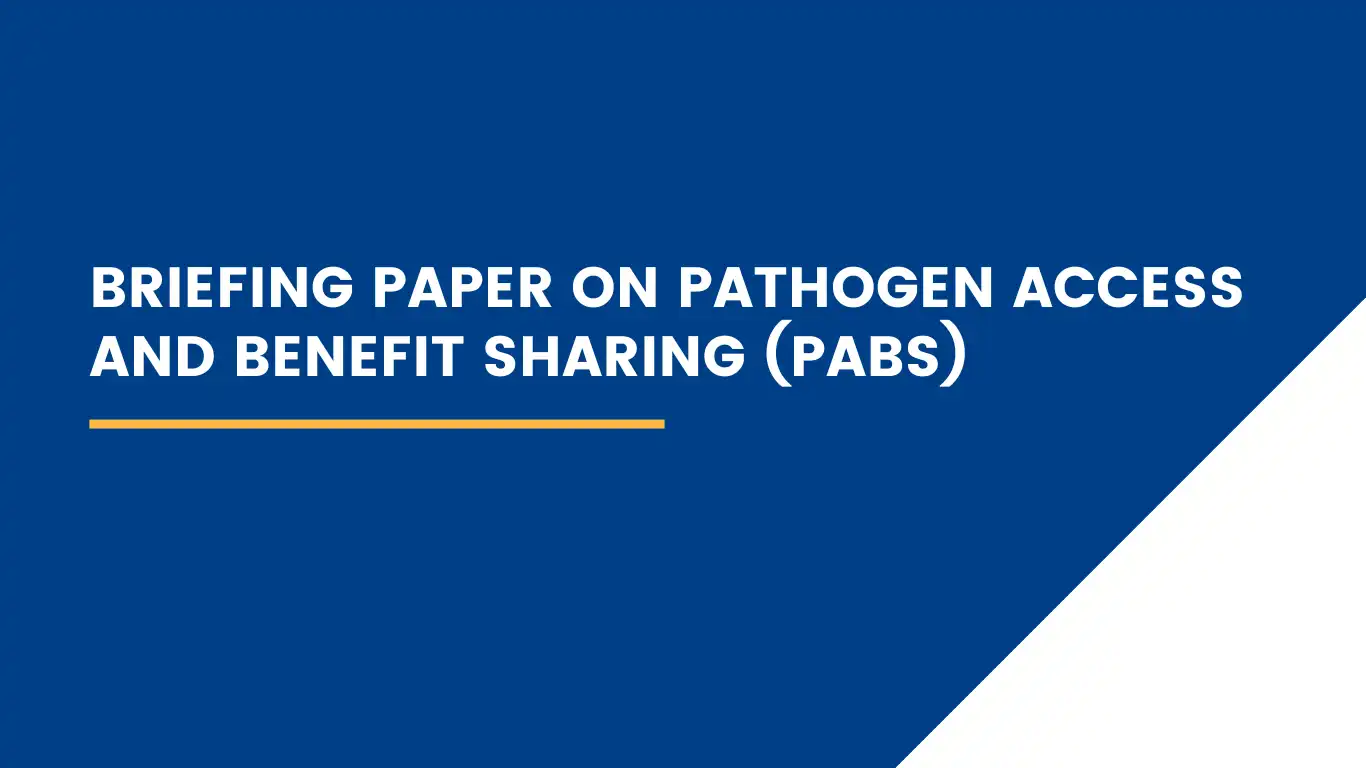By Eloise Todd, Co-Founder Pandemic Action Network
Following the Global Preparedness Monitoring Board’s report launch on Monday, this week also saw the European Commission (EC) President Ursula von der Leyen give her first State of the Union speech to a masked up, socially distanced European Parliamentary chamber and the G20 Joint Finance & Health Ministers’ meeting published their conclusions. What happened?
First, President von der Leyen’s speech on 16 September. Here are five announcements that could help the fight for a better prepared world and an equitable COVID-19 response:
1. Get ready for a Global Health Summit in 2021 focusing on lessons learned from this crisis. It will be co-hosted by the EU and the Italian G20 Presidency. President von der Leyen said “we need to strengthen our crisis preparedness and management of cross-border health threats.” The fact that this issue will be a priority for the Italian Presidency of the G20 is another huge plus.
2.The EC also wants the WHO changed “by design – not by destruction” to help build “a strong World Health Organisation that can better prepare and respond to global pandemics or local outbreaks – be it Corona or Ebola.” The WHO needs this kind of constructive approach towards reform.
3. Stronger EU health agencies – and a brand new ‘BARDA’. The European Medicines Agency and the European Centre for Disease Prevention and Control (ECDC) will both be strengthened, and a brand new European agency will be created too – a Biomedical Advanced Research and Development Agency (BARDA) – to build Europe’s pandemic preparedness capacity and respond to cross- border threats and emergencies (from nature or terrorism).
4. No to vaccine nationalism, yes to vaccine cooperation, said the President loudly and clearly: “safe vaccines are available not only for those who can afford it – but for everyone who needs it.” The EU will have to walk the walk on this in its own vaccine dealings. The COVAX Facility was also mentioned, along with the €400mn the Commission pledged just last week – and the President surely knows that the EC will need to do more in the coming months to help close the Access to COVID-19 Tools Accelerator (ACT-A)’s $38bn funding gap.
5. Last but definitely not least, the President carefully raised “the question of health competences” – suggesting that during its upcoming review of the EU’s Treaty basis, the Conference on the Future of Europe examine the powers the EU has on health policy in times of crisis. If the EU leads such a reform, it could open up Europe’s ability to act as a unit across the Union and possibly multilaterally in times of crisis.
Second, on 17 September was the G20 Ministerial outcome, which by contrast majored on warm words and not in concrete commitments. We are disappointed with the outcome, and have laid out three key points that need to be converted from abstract notions to clear directives in time for the G20 Leaders’ Summit in November:
The Multilateral Development Banks (MDBs) were called upon to “swiftly consider ways to strengthen the financial support for countries’ access to COVID-19 tools.” The urgency of this support cannot be overstated; there is a $38bn funding gap in the ACT-A – $15bn of which must be found this year and the remaining secured by the end of the first quarter of 2021. Help from the MDBs is much needed – and the same kind of innovation by multilateral institutions that has helped countries deal with the impact of COVID-19 at home needs to be deployed to ensure an equitable crisis response.
Pandemic preparedness needs to shift from words to action. The communique included the Ministers “taking note” of developments, “looking forward” to the work of the Independent Panel for Pandemic Preparedness and Response (which will not release its report until next May), and many other noncommittal statements. For inspiration as to concrete policies to pursue, they should read my colleague Carolyn Reynolds (Pandemic Action Network Co-Founder) and the Center for Strategic and International Studies’s J. Stephen Morrison’s piece on what the IPPR should do on pandemic preparedness.
There is still time for the G20 to make a difference. Ministers are updating the G20 Action Plan which will be presented at the G20 Finance Ministers and Central Bank Governors’ meeting in October 2020, and then to the Leaders’ Summit itself in November. At the Pandemic Action Network we will be coordinating with our brilliant partners to ensure the Action Plan prioritizes strong and necessary measures to prevent and prepare our world for future outbreaks.
Leaders across the world need to move with urgency and speed to deliver concrete actions to make sure we end COVID-19 equitably and swiftly across the world, and take the actions needed on preparedness and prevention to make sure this can never happen again. If your organization wants to join the fight, please get in touch today. We have no time to lose.



